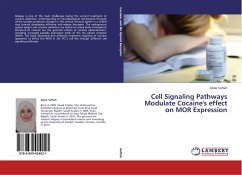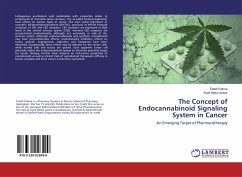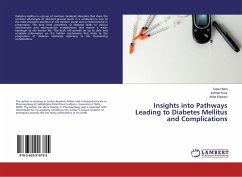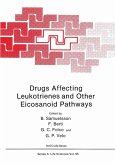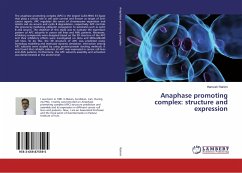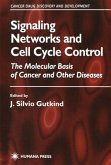Relapse is one of the main challenges facing the current treatment of cocaine addiction. Understanding its neurobiological mechanisms through which cocaine produces changes in the central nervous system is a critical step toward developing effective anti-relapse therapies. The endogenous opioid system and cocaine addiction are linked on many levels throughout literature.Of interest are the genomic effects of cocaine administration, including increased peptide expression levels of the mu opioid receptor (MOR). This book illustrated that different treatment regimens of cocaine appeared to affect the MOR in the PC12 cell line though different cell signaling pathways.
Bitte wählen Sie Ihr Anliegen aus.
Rechnungen
Retourenschein anfordern
Bestellstatus
Storno

